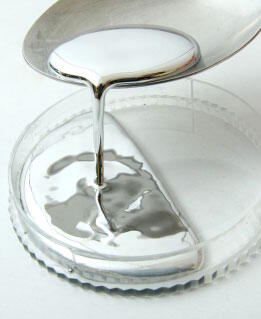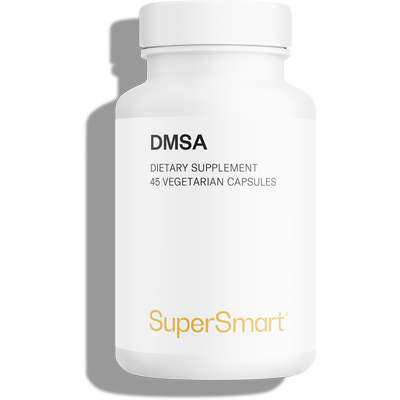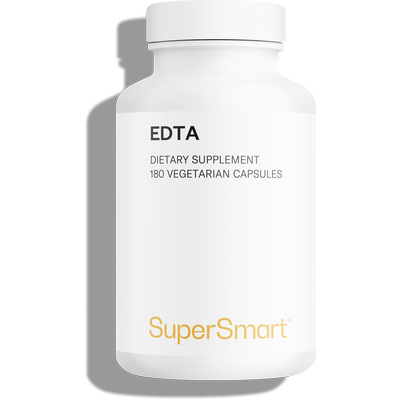Mercury implicated in the development of Alzheimer's disease
 In the 15 November 2010 issue of the Journal of Alzheimer's Disease, researchers published an article showing that mercury may be among the many causes of Alzheimer's disease. Mercury is one of the most toxic natural substances - harmful to human health and a possible cause of neurodegenerative diseases such as Alzheimer's. A systematic review of experimental and clinical research showed that the characteristics and symptoms of Alzheimer's disease are reproduced or accelerated upon exposure to mercury.
In the 15 November 2010 issue of the Journal of Alzheimer's Disease, researchers published an article showing that mercury may be among the many causes of Alzheimer's disease. Mercury is one of the most toxic natural substances - harmful to human health and a possible cause of neurodegenerative diseases such as Alzheimer's. A systematic review of experimental and clinical research showed that the characteristics and symptoms of Alzheimer's disease are reproduced or accelerated upon exposure to mercury.
One of the most common uses of mercury is in amalgam fillings. Studies of low exposure in humans, such as is the case with dentists and their staff, show that exposure to mercury is significantly associated with neurological and/or psychological problems.
Mercury can enter the body in different ways as it evaporates at room temperature. It can be absorbed in the form of gas and reach the braindirectly via the nose, or indirectly through the blood. It then crosses the blood-brain barrier and gets trapped inside the brain where it accumulates over a period of time.
One of the safest and most effective ways of eliminating lead and other heavy metals from the body is through chelation with EDTA. EDTA (ethylenediaminetetraacetic acid) is a synthetic amino acid essentially comprised of four vinegar molecules, that iswidely-used as a preservative in foodstuffs.
All rights reserved
Free
Thank you for visiting our site. Before you go
REGISTER WITHClub SuperSmart
of exclusive benefits:
- Free: our weekly science-based newsletter "Nutranews"
- Special offers for club members only


















